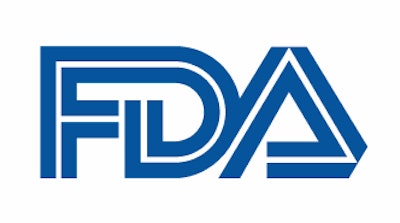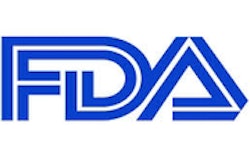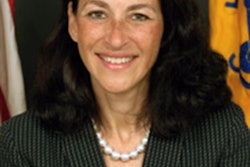
The U.S. Food and Drug Administration (FDA) is establishing a voluntary, fee-based program for the expedited review and importation of foods into the U.S. from importers with a proven food safety track record. The FDA is publishing a draft guidance for industry to explain how this new program will work.
The Voluntary Qualified Importer Program (VQIP) will benefit both industry and consumers.
- Importers with a robust system of supply-chain management will receive expedited entry for imported foods that are in the program.
- Consumer protections are strengthened by enabling the FDA to focus its resources on food imports that are more likely to present a potential risk to public health.
The FDA Food Safety Modernization Act, signed into law in January 2011, provides the FDA with new authorities to ensure that foods imported into the U.S. meet the same safety standards as those set for domestically produced foods.
In addition to establishing mandatory standards for importers of food under the Foreign Supplier Verification Program (FSVP), FSMA also requires the FDA to establish VQIP for importers who achieve and maintain a high level of control over the safety and security of their supply chains. This control includes importation of food from facilities that have been certified as following appropriate food safety practices under FDA’s accredited third-party certification regulations, also required by FSMA.
FDA is issuing a notice in the Federal Register announcing the availability of a draft guidance entitled “Draft Guidance for Industry on the Voluntary Qualified Importer Program for Food Importers and Guidelines in Consideration of the Burden of the VQIP Fee Amounts on Small Business.”
The draft guidance document outlines VQIP provisions and provides information on:
- the benefits VQIP importers can expect to receive;
- eligibility criteria;
- instructions for completing a VQIP application;
- conditions that could result in revocation of VQIP participation; and
- criteria for VQIP reinstatement following revocation.
In addition, the notice of availability provides a preliminary estimate of the fee for the program and requests comment on whether and how this amount would be a burden for small businesses.
There will be a public comment period of 75 days on the draft guidance and the guidelines related to the burden of fees on small businesses. After comments are considered and the guidance finalized, the program is expected to be open for applications in January 2018 to allow enough time for a facility to be certified under FDA’s accredited third party certification program.

















